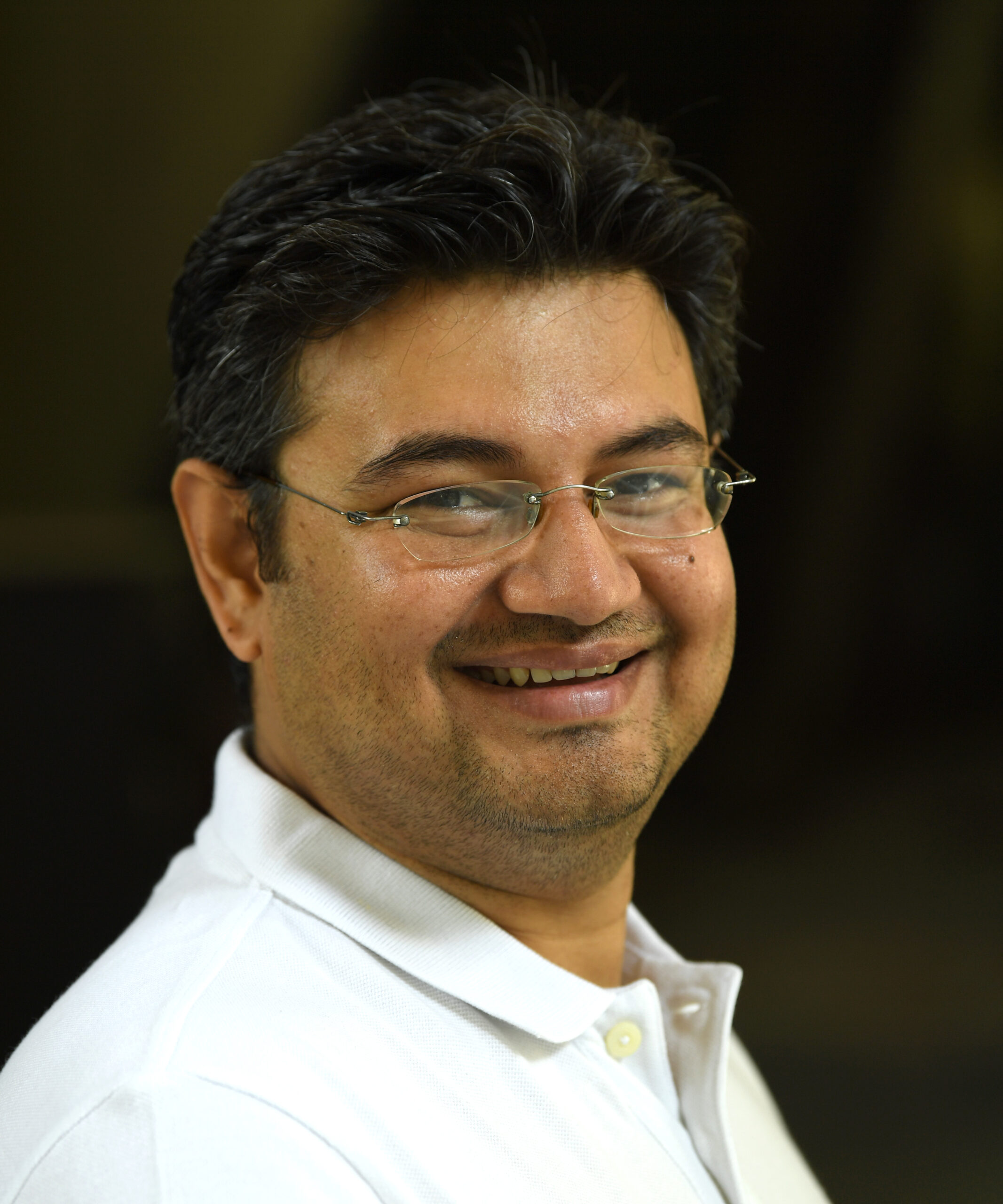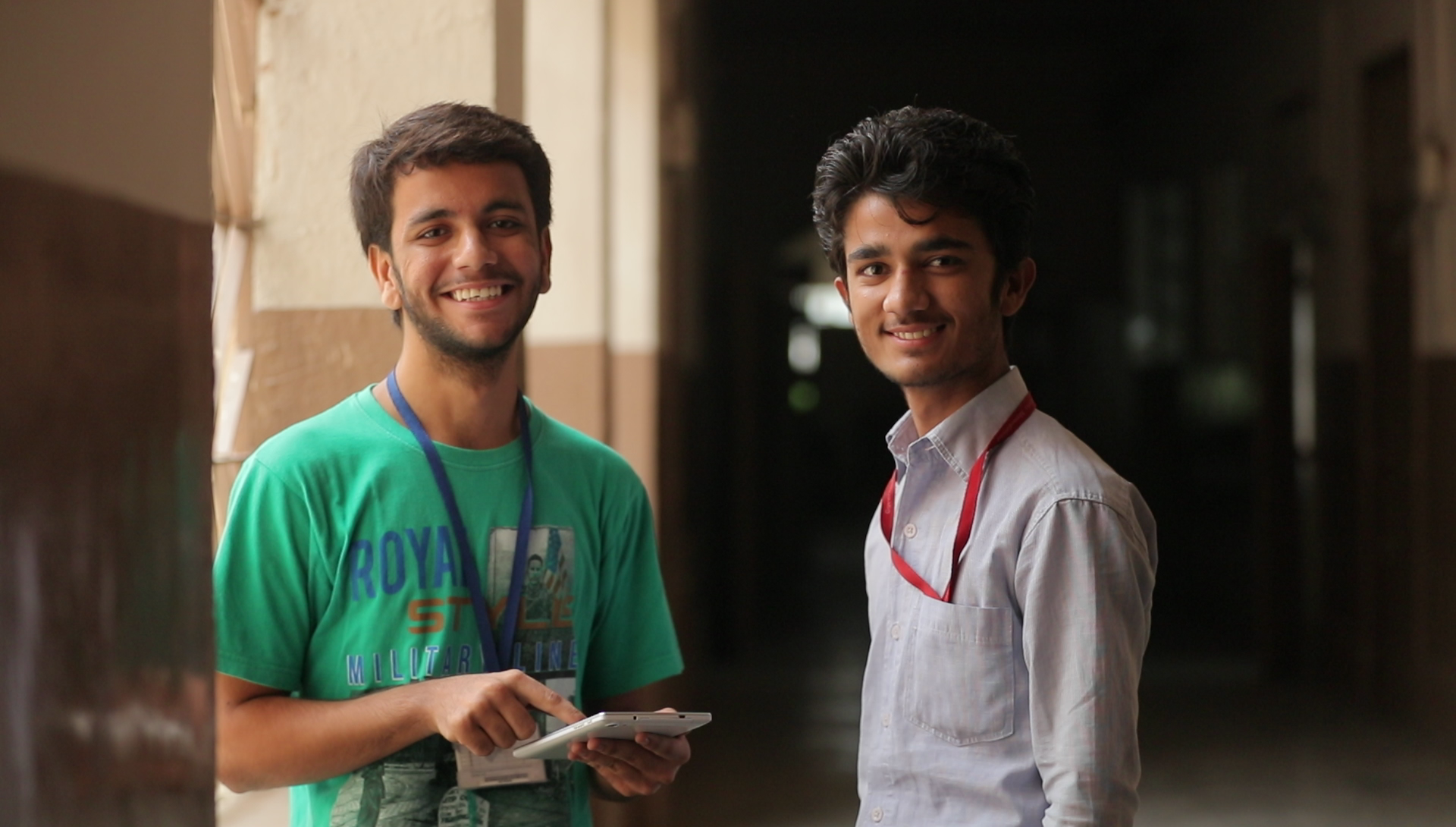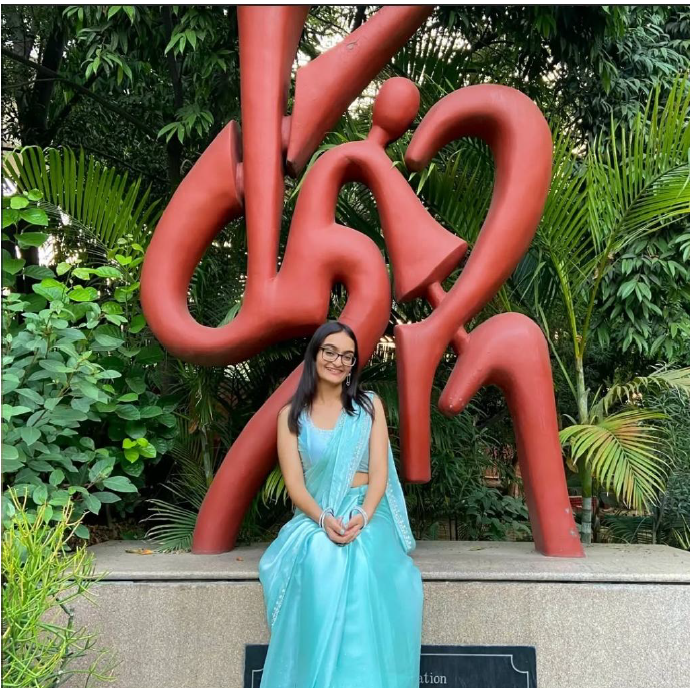The pathology of wealth accumulation is an area worth considering as we plan and work towards Viksit Bharat. PM Modi emphasizes improving the quality of life for everyone as one of his main goals. Something that works directly against the efforts of PM Modi during our nation’s Amrit Kaal is the act of earning and accumulating obscene amounts of money. It is nothing but an irony, or even worse, a misery. People continue to gain when they don’t need to, which is problematic because it deprives them of the opportunity to smile. Smiles are a powerful indicator of Viksit Bharat. Absence of smiles is a strong indication, according to the 4P4R Model of Creative Governance, that you are living under the influence of fear, insecurity, woe, and worry. None of these, I believe, have a place in PM Modi’s and every Indian’s vision for Viksit Bharat.
Material accumulation beyond reason was never the norm in our ancient Bharatiya society, because our earth is, after all, Mrityu Lok. The non-accumulation attitude meant that you stayed light and nimble. There was a deliberate approach to sustaining lightweightness in preparation and planning for the end of life and beyond, whatever that might entail.
I see something different in modern India. I see an imbalance. Imbalance in the human priorities of the Indian populace. From the perspective of creative governance of the self and the society, something is amiss. The phenomenon of individuals dying with substantial unspent wealth is not merely a financial anomaly but a stark indictment of a system that prioritizes accumulation over existence. It reflects a profound pathological imbalance, exacerbated by the relentless pursuit of professional achievement and the resultant erosion of personal fulfillment.
The relentless drive to accumulate money, often fueled by societal pressures and the fear of financial insecurity, leads to a devastating work-life imbalance. Individuals frequently sacrifice personal relationships, leisure, smiles, and even their well-being on the altar of professional success, believing that future security will compensate for the present-day sacrifices. This constant pursuit of financial security creates a paradoxical situation: individuals accumulate wealth while simultaneously diminishing their capacity to enjoy it. The very experiences that wealth is intended to facilitate – travel, leisure, meaningful relationships – are postponed indefinitely or replaced by the relentless cycle of work and accumulation.
The absence of meaningful experiences and personal fulfillment leads to a deep sense of existential dissatisfaction. Individuals may achieve financial success, but they remain fundamentally unfulfilled, questioning the purpose of their relentless efforts and the lack of joy in their existence. The chronic stress and lack of work-life balance contribute to burnout, anxiety, and depression. The pursuit of wealth becomes a self-destructive cycle, eroding mental and emotional well-being. The relentless focus on work can lead to social isolation, further exacerbating feelings of loneliness and unhappiness. Individuals may find themselves surrounded by material possessions but devoid of meaningful human connection.
The unhappiness generated by work-life imbalance and existential dissatisfaction further fuels the desire for accumulation. Individuals may seek solace in material possessions or believe that further financial success will somehow alleviate their inner turmoil. This creates a vicious cycle, where the pursuit of wealth becomes a futile attempt to fill an emotional void.
The emphasis on productivity and accumulation devalues human life, reducing individuals to mere economic units and neglecting the holistic nature of human beings as well as their emotional and spiritual needs. The societal normalization of work-life imbalance perpetuates a culture of unhappiness, where individuals are conditioned to prioritize financial success over their well-being. The decline of personal relationships and community engagement erodes social capital, weakening the fabric of society.
Such a malady must not have a place in Viksit Bharat. It is clear that India has the highest population of youth, which serves as the basis for its demographic dividend. If these youth continue to squander their lives, especially during what PM Modi has declared as India’s Amrit Kaal, then it will be challenging to manage the mental health repercussions during the Viksit Kaal. In the Viksit Bharat Kaal, we will have reclaimed the value of human experience, prioritizing personal fulfillment, meaningful relationships, and experiences over the relentless pursuit of financial success. To get there, we must cultivate existential awareness, encouraging individuals to reflect on their values, purpose, and the meaning of their lives. Wealth without purpose is a hollow victory. Viksit Bharat is one with smiles and a government-led system that ensures that Indians are not wasting their precious time accumulating money or misery.
The views and opinions expressed here belong solely to the author and do not reflect the views of BlueKraft Digital Foundation.







